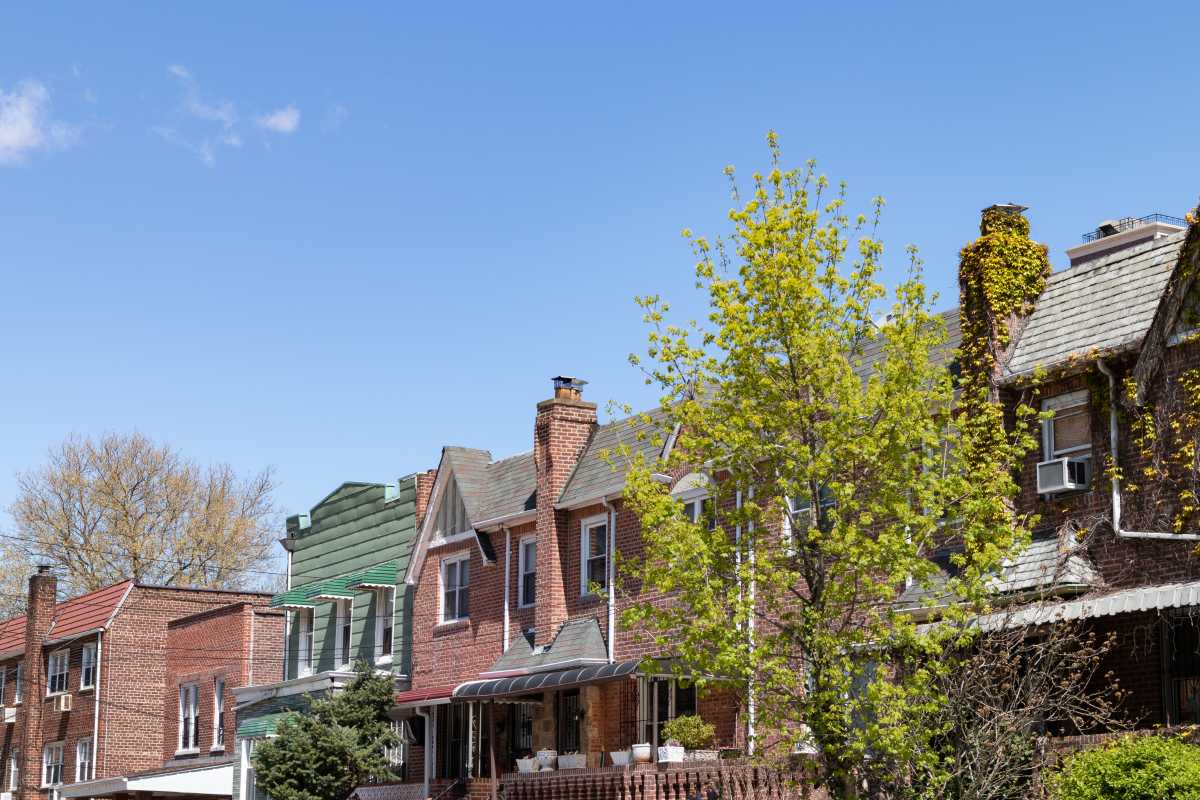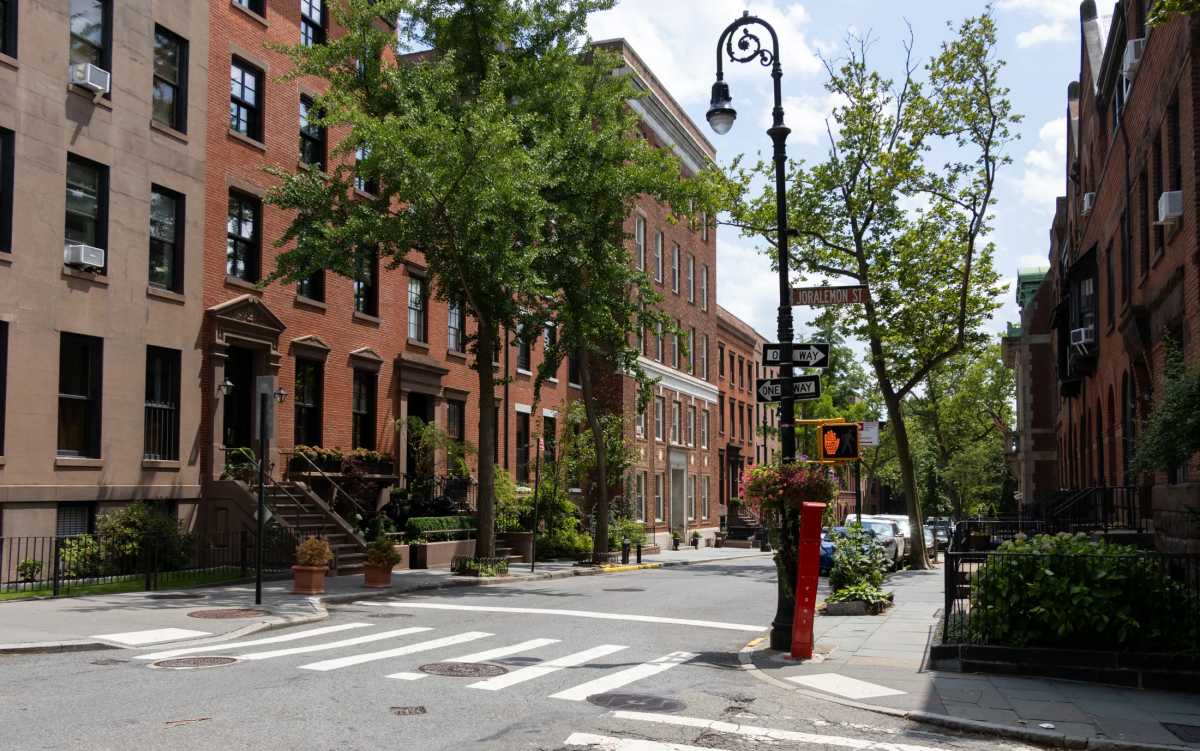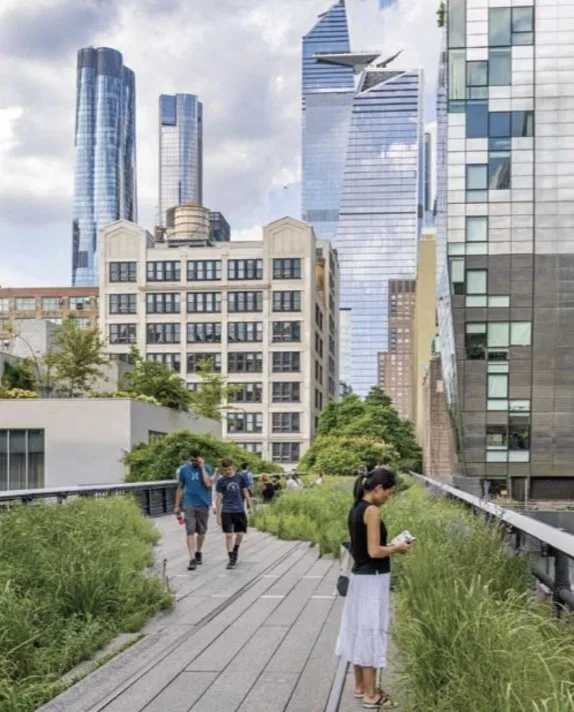Rents will increase 1.25 percent for New Yorkers with one-year leases in rent-stabilized apartments, and 2 percent for those with two-year leases. The Rent Guidelines Board voted 7-to-2 on Tuesday night in favor of the rent raises.
The vote comes after the body opted in 2015 and 2016 to freeze rents on one-year leases. In Baruch College auditorium Tuesday, board members said increases were appropriate, given that landlords are operating in a real estate market where costs have been rising.
“We must weigh the conditions of residential real estate in the city as well as cost of living and other data we have available to us,” said Hilary Botein, who represents the public on the board.
The Rent Guidelines Board members, who are appointed by Mayor Bill de Blasio, determined rent increases for the nearly 1 million rent-stabilized apartments in the city after picking through research on the rental market and hearing testimony from tenants and landlords. This year’s decision did not sit particularly well with either party.
The board made history in 2015 when it approved a rent freeze for the first time in its 46-year existence, but some tenants said the precedent did not go far enough.
Before the vote, dozens of tenants called for a rent roll back while rallying outside Baruch College.
Jean Folkes, 75, said she and her husband feared they would not be able to afford the Ditmas Park home they have rented for four decades after a rent raise.
“I’m living on Social Security, and my husband still works at 81,” said Folkes, who noted they signed a one-year lease to avoid a rent increase. “If my rent goes up, I don’t know what I’m going to do. … I can’t afford to get kicked out.”
George Sotiroff, 68, said the rent bump may not seem significant, but it would squeeze his finances, in part, because his landlord is already planning to raise his rent 30 percent over the next five years while undertaking major capital improvements.
“I want to enjoy retirement,” said Sotiroff, who fears getting priced out of his home near Yankee Stadium. “I stayed there while the neighborhood was depressed, and now I want to stay there while it’s looking nice.”
“Although a step in the right direction, these increases are totally inadequate,” said Joseph Strasburg, president of the Rent Stabilization Association. “We are hopeful that Mayor de Blasio is starting to realize that rent increases are necessary to preserving the city’s largest segment of existing affordable housing.”
Landlords said the increases were too small, considering that owners’ expenses — city-imposed costs such as property taxes and water and sewer rates — rose 6 percent over the past year, according to Rent Guidelines Board research.
“To expect that owners shoulder anything more than the 6 percent number is kind of against logic,” said Matthew Engel, president of the Community Housing Improvement Program that represents 2,500 apartment building owners. “Especially in light of the fact that the spread has gone on for several years now, where there have been increasing costs and where none of them have been passed through.”




































